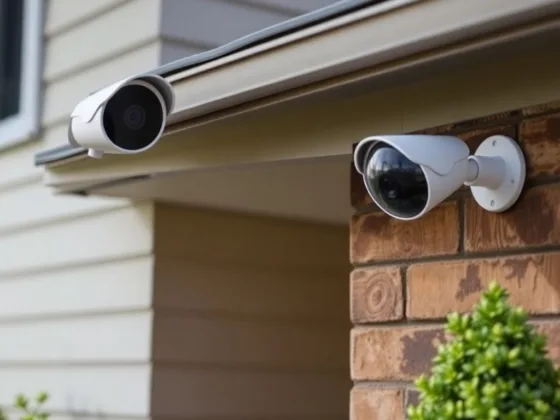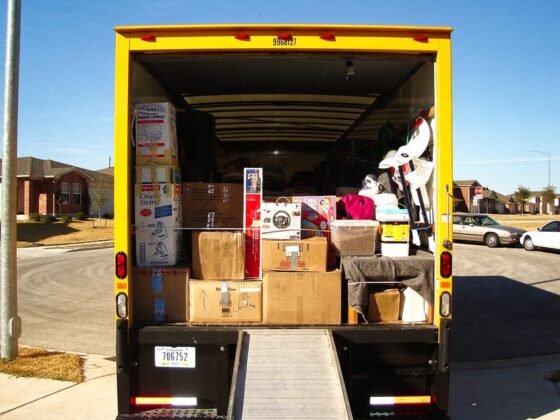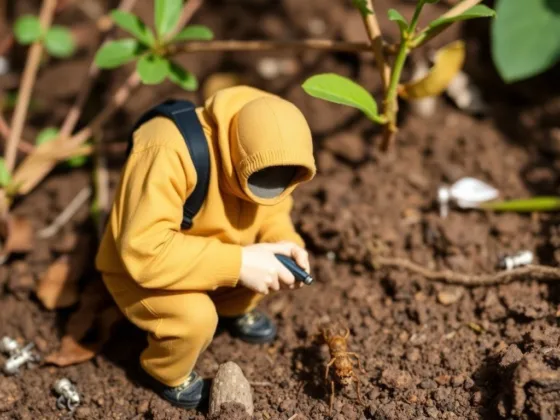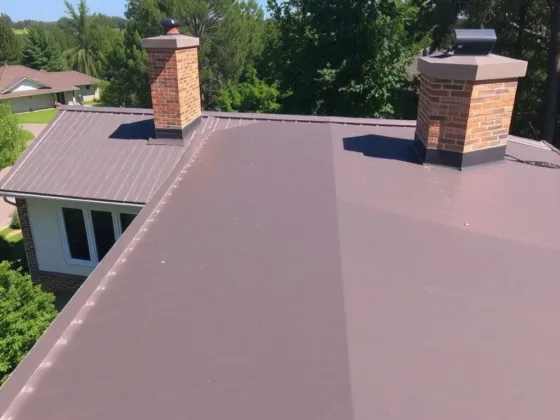Table of Contents Show
Hardwood floors can enrich your home, both figuratively and literally. They are not only valuable at the resale time but also eye-catching.
That is to say — if they are maintained with due diligence. As such, it should not come as a surprise that your cleaning habits play an important role in their life cycle.

On that note, keeping your hardwood floors squeaky-clean, shiny, and healthy may not be as hard as you were led to believe.
In this article, we will discover the intricacies surrounding their maintenance together.
Prudent Routines and Equipment Choices
Hardwood floors are warriors by nature. They have to endure a lot of beating ranging from daily foot traffic and occasional spills to inadvertent scuffs.
To help them persevere, it would be wise to establish a regular cleaning routine and elicit preventive measures. These will prove beneficial time-wise in the long run.
With that said, certain cleaning utensils work better than others and the same goes for cleaning solutions. This being the case, you may want to use some of the following:
- Broom
- Sponge
- Cleaner (vacuum preferably)
- Mop (microfiber preferably)
- Cleaning Solution (for hardwood specifically)
So how can you choose the best possible approach while keeping your hardwood floor’s structure in mind?
Read Also:
- Breathe New Life into Your Home: How to Choose the Best Perfect Flooring Options for You
- Why White Laminate Flooring is Becoming a Popular Choice in 2020
- Laminate vs Hardwood Flooring: Which Is Right for You?
- Do Hardwood Floors Increase a Home’s Value?
- What is the Best Flooring Option for Your Home?
- How to Protect Hardwood Floors in Kitchen
Remember That the Floor Finish Matters
You should consider learning more about the finish that has been applied to your floor.
If you are unable to get in touch with the manufacturer or the retailer, here are two easy ways in which you can determine the floor’s finish.
1. Unsealed or Sealed Polyurethane or Polycrylic Finish
Locating an average wear and tear area and placing a drop of water should suffice.
If absorbed quickly, the hardwood has not been sealed. You should avoid cleaning the floor with water, as it can cause spotting on the finish.
If the droplet remains atop unabsorbed, the hardwood has been sealed and can be safely cleaned with a damp cloth.
2. Paste Wax Finish
A piece of fine steel wool will help you confirm this type of finish. If wax has been applied to your hardwood floor, the steel wool will have a gray, waxy residue on its surface after a gentle rub of the designated spot.
While damp mops are a viable cleaning option, they should be used with caution.
After determining the type of your floor’s finish, you can safely move on to establishing a cleaning routine. But how often should you tend to your wooden floormate?
Dos And Don’ts of Hardwood Floor Cleaning
Daily sweeping or dusting followed by weekly vacuuming is advised when it comes to hardwood floor maintenance.
Ideally, heavy-traffic areas should be cleaned with a damp mop twice a month. This way, you can make sure that most of the dirt stays at bay.
Additionally, you should:
- Remove wet spills immediately to prevent watermarks
- Look under the floor decorations to prevent scratches caused by overlooked grit
- Dry the floor to prevent streaking
In comparison, you should not resort to lemon juice or vinegar, as they are known to cause damage to the floor seal.
On the other hand, abrasive solutions and ammonia are known to cause damage to the floor finish, while furniture spray and oil are known to create lubricious areas and residue.
Still, no matter how hard you try, it will be difficult to prevent the buildup of dust and grime over time.
You can, however, minimize the effects of such inevitable outcomes by investing in the right cleaning tools and products.
While some may cost more than others, their pricing is largely justified. Take Bona Hardwood Floor Cleaner as an example.
Since the solution is water-based, you do not have to worry about any inadvertent streaking, residue, or pungent odors.
In addition, its Greenguard Gold certification guarantees safe application — making the cleaner child and pet friendly.
Final Thoughts
In conclusion, working out a routine that serves both you and your floor is the way to go, but cheapskating should not be an option.
For optimal results, choose the cleaners wisely, remain diligent, and your durable hardwood floor will show its reinvigorated gratitude through longevity.










